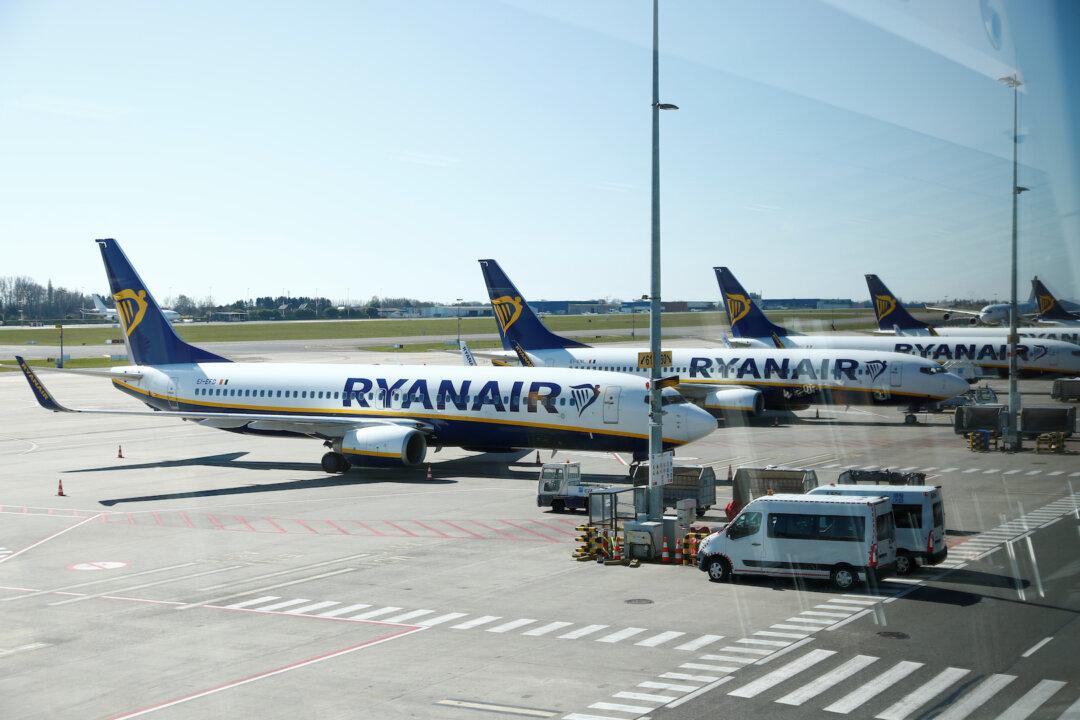More than 46,000 flights across Europe have experienced GPS signal disruptions since August 2023, with Russia accused of being responsible.
The incidences were reported over the Baltic Sea region between August 2023 and March 2024. Most occurred in Eastern Europe near borders with Russia, according to a report in The Sun based on data from the website GPSJAM.org.





